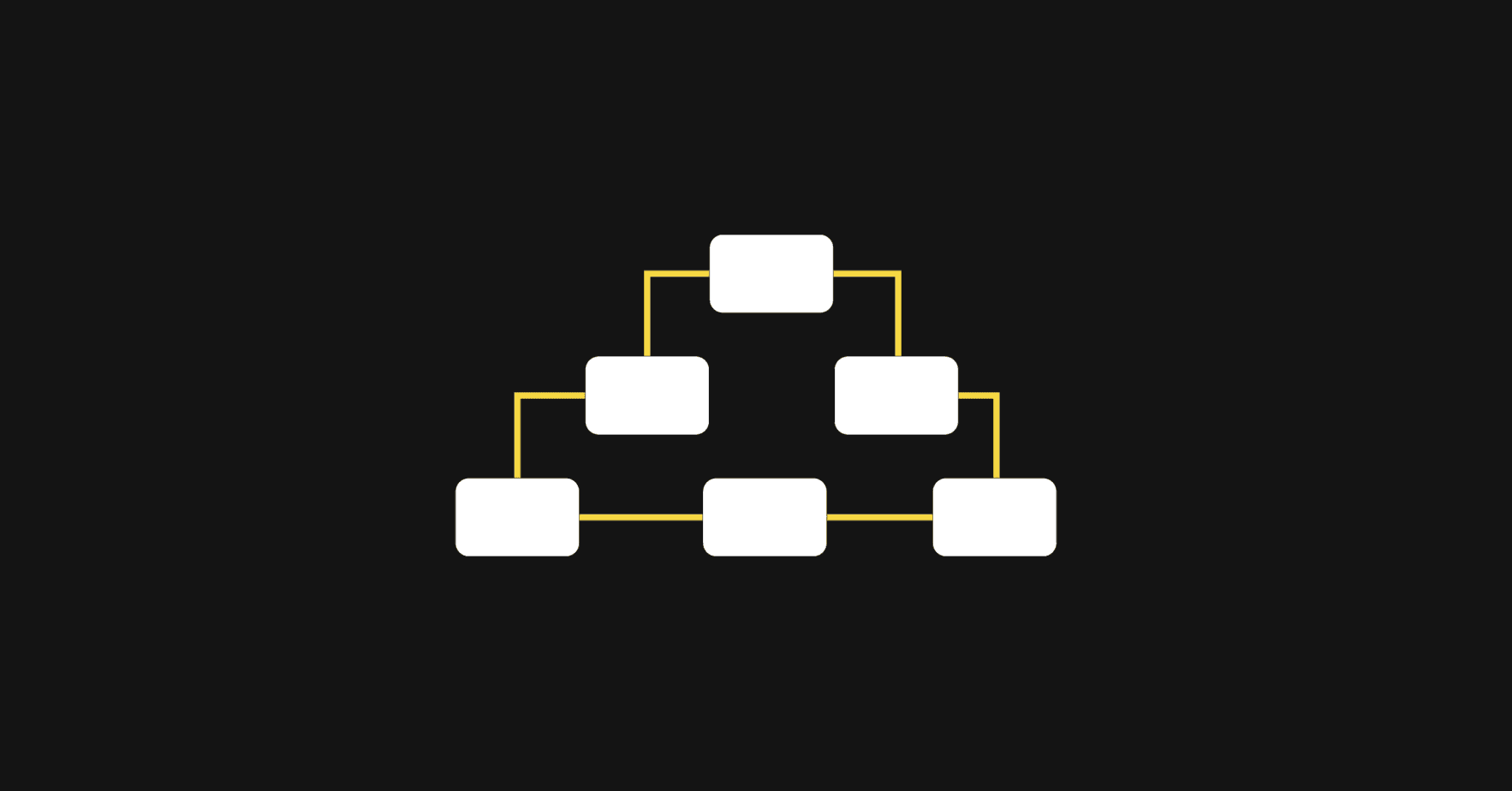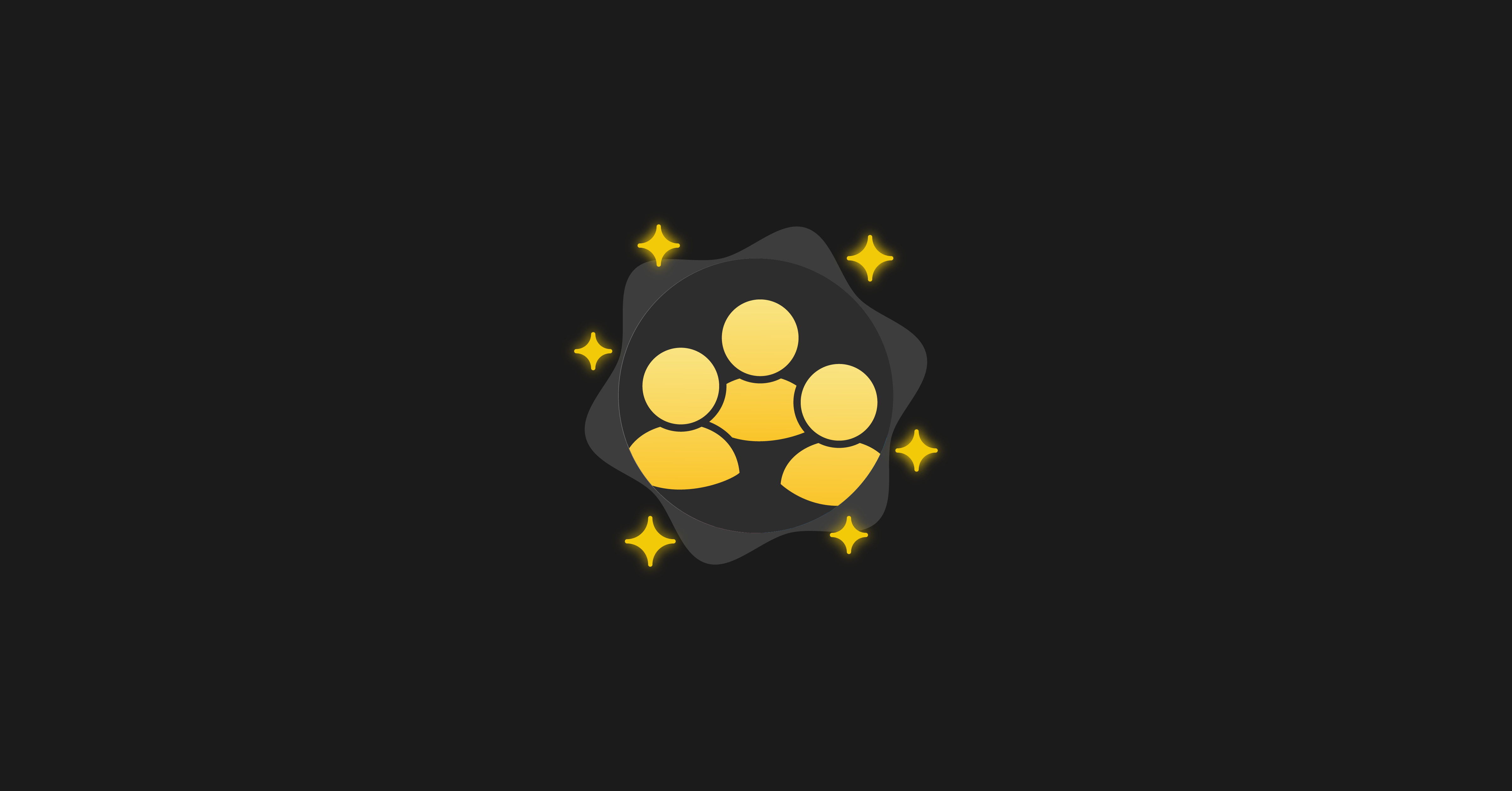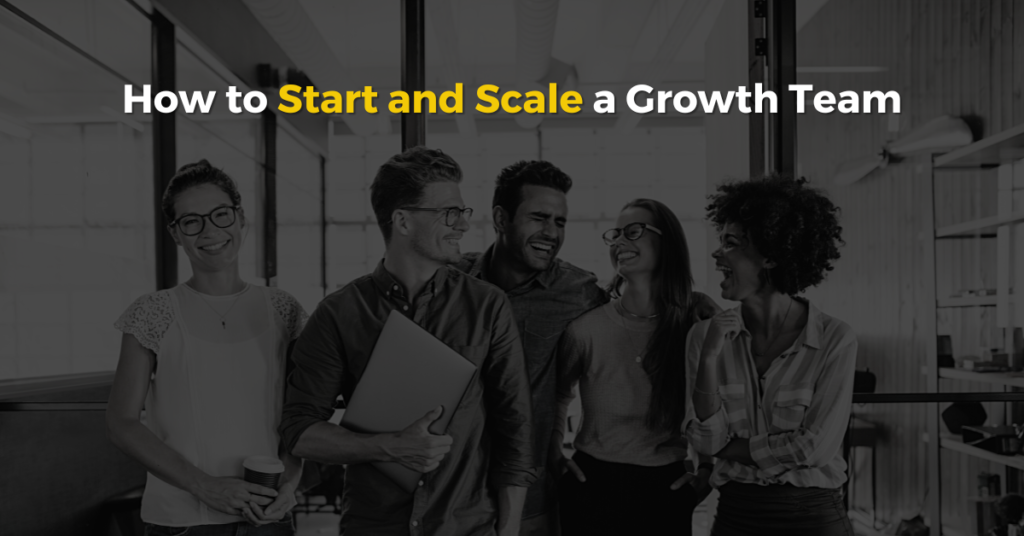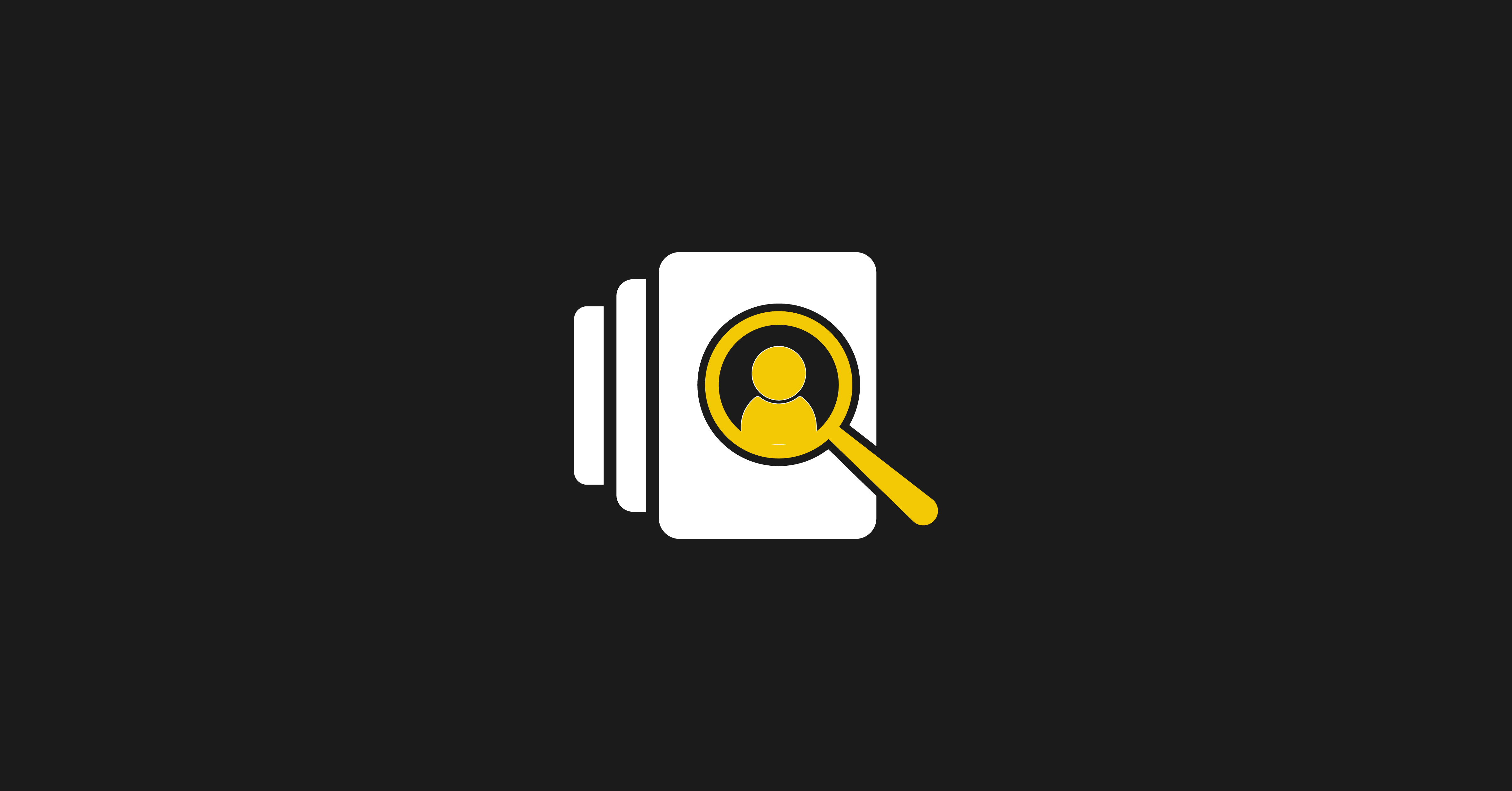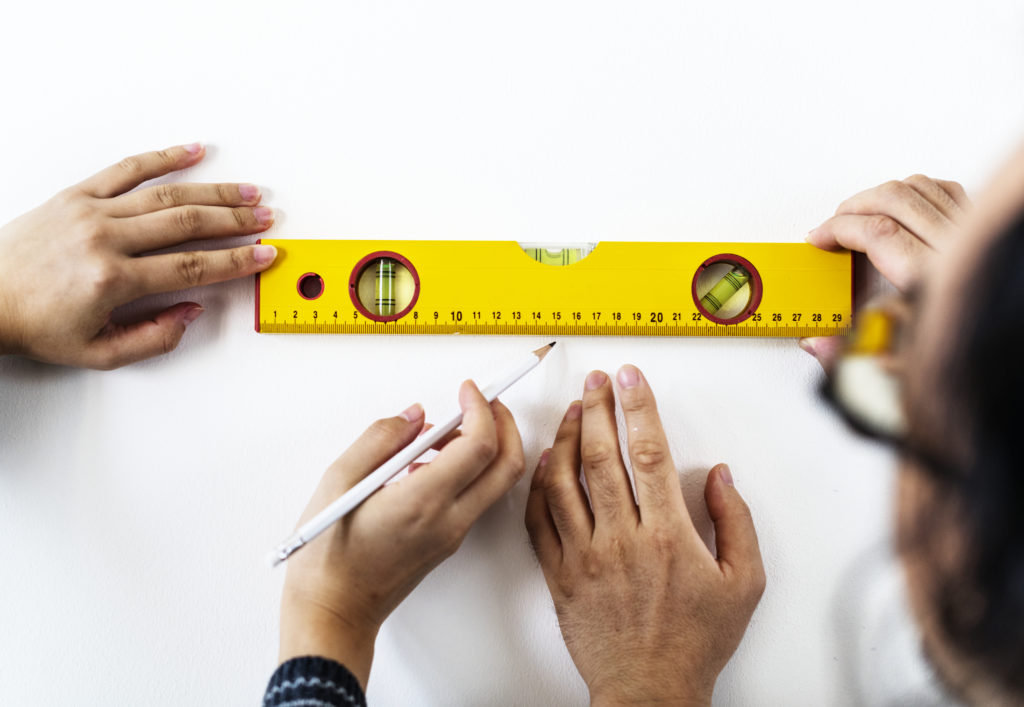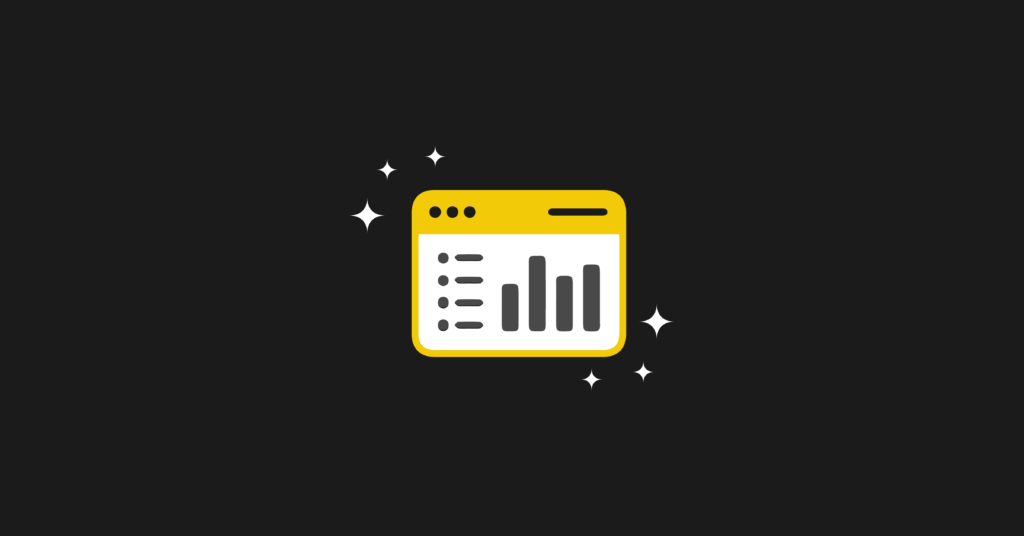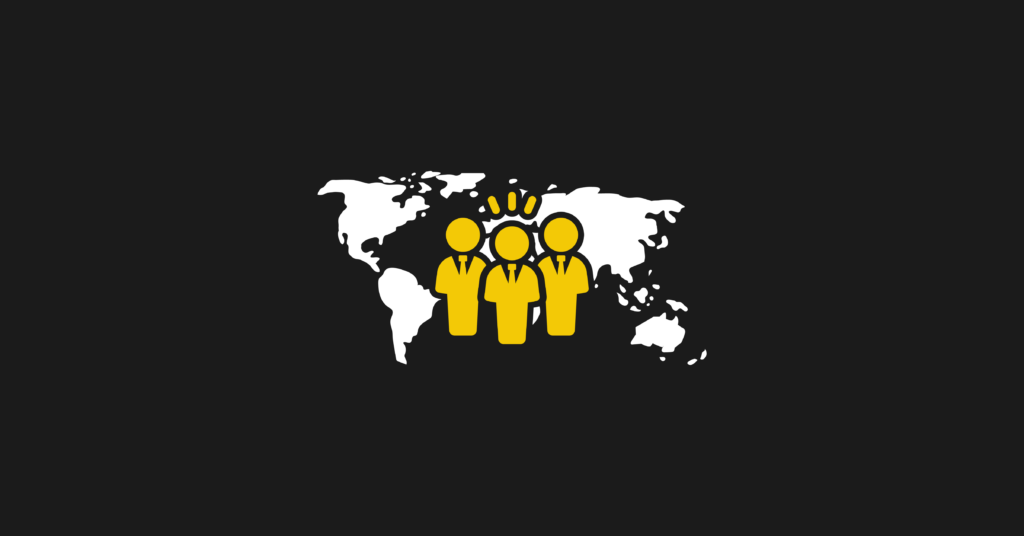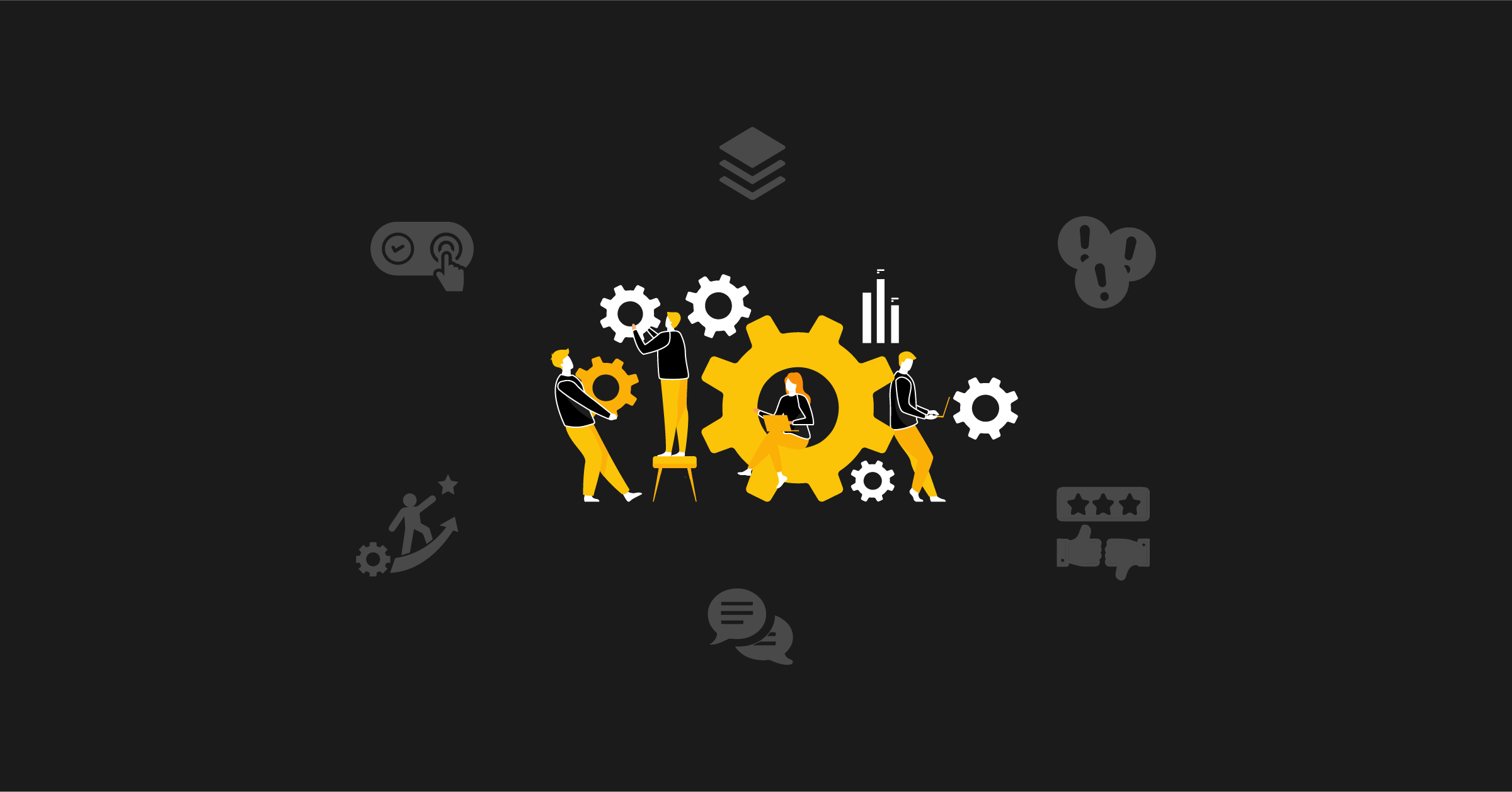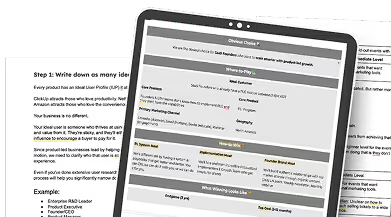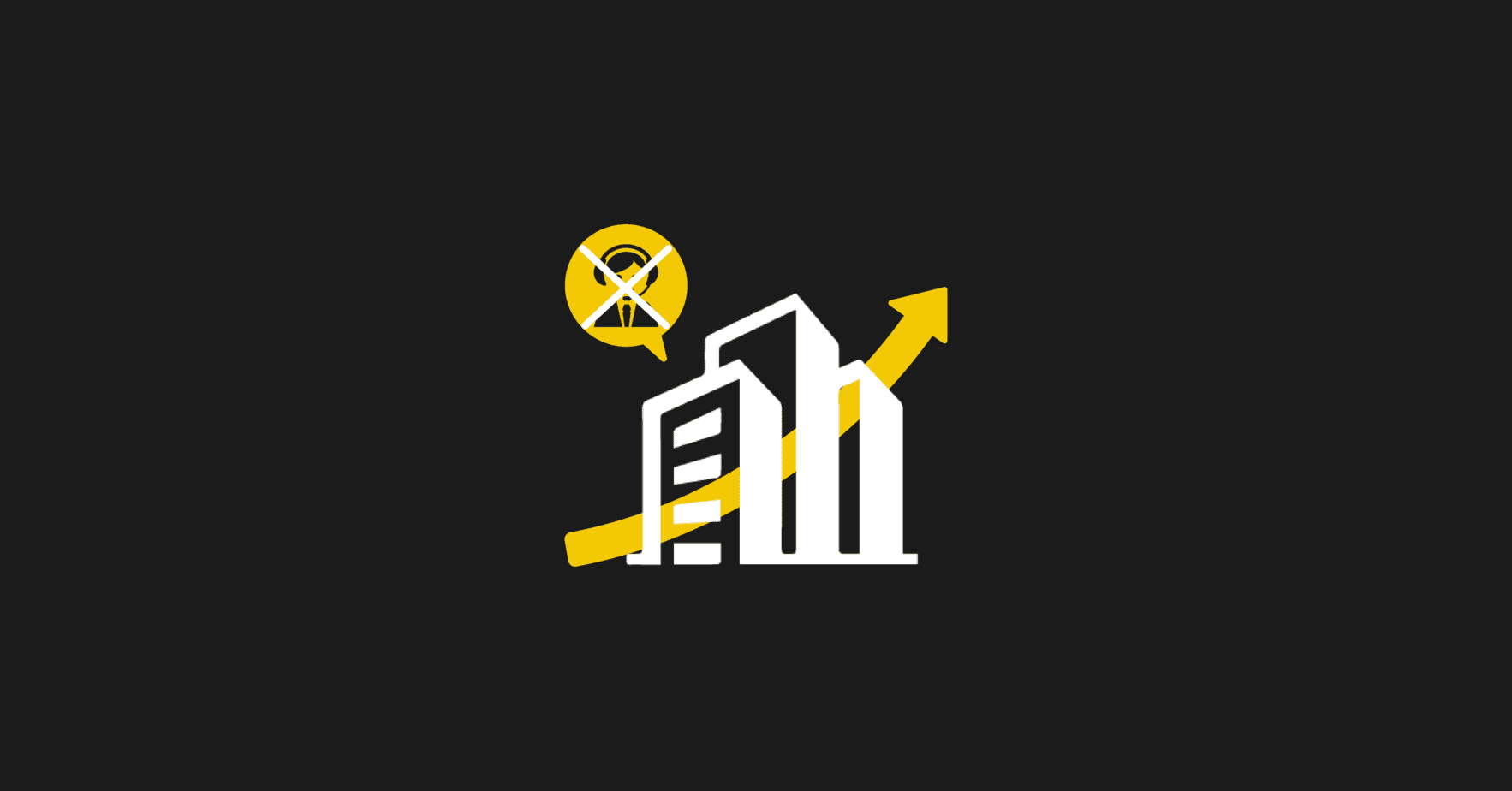
As a founder of my own startup, Talk2MeMore, and working at Intercom as an Engineering Manager for five years, I’ve experienced a surprising amount of differences between working in a traditional R&D organization and a product-led growth (PLG) organization.
And I’ve noticed there is very little written out there from the perspective of engineering – and what type of engineer is best suited to succeed in a PLG organization.
Prior to my experience in PLG, I had what I thought was a clear mental model of what it takes to be a great founder and software engineer. I was educated to believe that providing a delightful experience for customers was all that mattered. As long as you have a user-focused mindset everything else will take care of itself. And for a large part of my career, this rationale stood me in good stead.
Then I quit my well-paid engineering role, started my own company, and all of a sudden… sh*t got real!
In addition to wanting to share my experience, I’m writing this with the view to remind my future self of what to consider when building my next engineering team in a PLG organization.
The makeup of a great engineering fit
At Intercom, we hire Product Engineers, and by definition, we expect people to own the problem space and accept that coding is only one part of what makes a great product experience. Writing the code isn’t the problem. Understanding the problem is.
But do great Product Engineers make great Growth Engineers? Let’s explore that.
A PLG strategy requires great Product Engineers to build the “P” part of PLG but also great Growth Engineers to ensure the “G” part happens. Unfortunately, the two types of engineers are not all the same. If it's your first time hiring for such a team, it's crucial that you consider the differences when creating your hiring strategy.
Technical proficiency is essential for both roles. A strong foundation in software development and engineering is a fundamental skill. This includes proficiency in programming languages (e.g., Python, JavaScript, Java), knowledge of modern frameworks and libraries, and expertise in building scalable, maintainable, and robust software solutions.
Let’s dig into each and learn what their unique skills are.
Product Engineers
A great Product Engineer in a modern software company possesses a set of key skills:
- User-Centric Mindset: A great Product Engineer understands the success of a product is tied to its ability to address user needs effectively. This skill involves actively seeking and analyzing user feedback, empathizing with users, and applying human-centered design principles. Human-centered design is an approach that puts the needs, wants, and experiences of users at the forefront of the design process, started by empathizing with users through interviews and usability tests, understanding their needs and frustrations. It involves understanding users' perspectives, behaviors, and challenges to create solutions that genuinely address their needs.
By prioritizing the user experience and incorporating user feedback into product iterations, Product Engineers can create solutions that resonate with the target audience and drive adoption.
- Cross-Functional Collaboration: Product Engineers often work in multidisciplinary teams that include Product Managers, Designers, Data Scientists, and other stakeholders. The ability to collaborate effectively with different team members and communicate technical concepts to non-technical colleagues is vital. Strong collaboration skills enable Product Engineers to align engineering efforts with product goals, incorporate diverse perspectives, and collectively drive the success of the product.
- Problem-Solving and Analytical Skills: In a SaaS software company, Product Engineers encounter various challenges, from technical hurdles to product scalability issues. The ability to analyze complex problems, break them down into manageable tasks, and devise innovative solutions is crucial. Strong analytical skills also enable Product Engineers to use data and metrics to evaluate the effectiveness of product features, identify areas for improvement, and make data-driven decisions.
- Adaptability and Continuous Learning: The SaaS industry is constantly evolving, with new technologies and methodologies continuously emerging. A great Product Engineer embraces change and is willing to adapt to new tools and practices. Continuous learning is essential to stay at the forefront of technological advancements and maintain a competitive edge. This skill involves actively seeking out new knowledge, attending conferences, taking online courses, and participating in technical communities to enhance expertise and stay updated with the latest trends.
By mastering these skills, Product Engineers can play a pivotal role in driving the success and growth of products in today's dynamic and competitive landscape.
Growth Engineer
To be a great Growth Engineer in a modern Growth organization within a software company, individuals need a unique blend of technical, analytical, business, and creative skills. Here are the top five skills required for excelling in this role:
- Data Analysis and Analytics: Growth Engineers must have strong data analysis skills to derive insights from user behavior, A/B tests, and other growth experiments. They should be proficient in using analytics tools like Google Analytics, Mixpanel, or Amplitude to track and measure key metrics. By interpreting data and identifying patterns, Growth Engineers can make data-driven decisions to optimize user acquisition, activation, and retention strategies.
- Experimentation and A/B Testing: There is a strong sense of purpose and ownership when you own a product. It’s like your child as you watch them grow. It’s tangible and easily identifiable. In Growth, and in particular PLG, you build and own experiences. You are running experiments with the assumption that it is most likely throw-away, serving as a compass guiding you to the next one. And that’s OK! Most of your assumptions will be wrong and forced to shift directions based on what you learn. Being unable to anchor yourself to a product can be a big challenge for some engineers and one to watch out for.
A fundamental aspect of a Growth Engineer's role is conducting experiments and A/B tests to optimize various aspects of the product and user experience. This requires a scientific approach to hypothesis testing, experiment design, and result interpretation. Growth Engineers should be skilled in setting up experiments, analyzing results, and iterating on the findings to improve the product and drive growth continually.
- Product and User Understanding: A great Growth Engineer possesses a deep understanding of the product, its value proposition, and the target audience. By empathizing with users and understanding their pain points, needs, and motivations, Growth Engineers can identify growth opportunities and tailor strategies that resonate with the user base. This skill also involves collaborating with product managers and designers to align growth initiatives with the product roadmap.
- Creativity and Innovation: Growth Engineers need to think creatively and outside the box to devise novel growth strategies. This involves coming up with innovative ideas to optimize user funnels, increase conversion rates, and drive user engagement. A great Growth Engineer continuously seeks new and unconventional approaches to growth, willing to experiment with creative solutions to achieve exceptional results.
By combining these skills, Growth Engineers can play a pivotal role in shaping and executing growth strategies that propel the company to new heights of success.
As you can see there are differences to the profile of candidates you need to consider when hiring for Growth, which means you need to pay extra attention when it comes to recruitment, ensuring the profile you need matches what is expected on the job.
How to hire a Product or Growth Engineer
Here are a few things to consider to help identify the most suitable candidates.
Startup experience
When recruiting, good signals can be found if a candidate has taken the leap into the start-up world as a tech founder. They have seen through their own eyes what it takes to get product market fit. They have been forced to understand the burn rate and what consequences look like with the stakes at their highest. This mindset separates the engineer from the reality of what it takes to build a successful business. And it goes beyond the code.
Comfort in high degrees of uncertainty and frequent change
When working in a cross-functional team there is a separation in responsibility between the Product Manager (and Design if working in a triad) and Engineering Manager.
Engineering is measured against outputs (features shipped, product health, etc), but outcomes lie with the Product function. In Growth, this line becomes blurry because ultimately, your success is based on your team's north star metric that typically is an input to overall revenue growth. You cannot rely on product usage metrics to define success.
Each experiment reveals the next page of the book. You cannot commit to your Engineering team with any great conviction about what you will be building three months from now because you just don’t know. This is the reality of Growth. It’s part of the gig. Look for people who are comfortable and willing to embrace this level of uncertainty, knowing the juice will be worth the squeeze in the end.
Unapologetically capitalistic
In my early career, I had a deep cynicism about making money when building products. And in particular sales people (don’t get me started) with their charm and self-serving drive to hit sales targets at all costs. Once I became a founder I grew up pretty fast and developed a far broader perspective on why money matters, why company growth is all that matters at times, and why you need to care about topline business results regardless of your position at a company.
The reality with Growth is that you are at the bleeding edge when it comes to having a tangible impact on the commercial success of the business. A font change on your website or a 1% increase in activation rates can be worth millions of dollars in increased revenue. You could have nine statistically failed experiments but learn enough from each for the 10th to be a roaring success. The uncertainty is baked into the small print of working in Growth.
So, if this extrinsic motivation doesn’t match your own drivers, then it's worth thinking about whether it's the right place for this chapter of your career.
Conclusion
As you have seen there are subtle but significant differences when profiling your Engineering teams in PLG. The problems and rewards are different from being a traditional Product Engineer, but the satisfaction can be all the greater for it.

